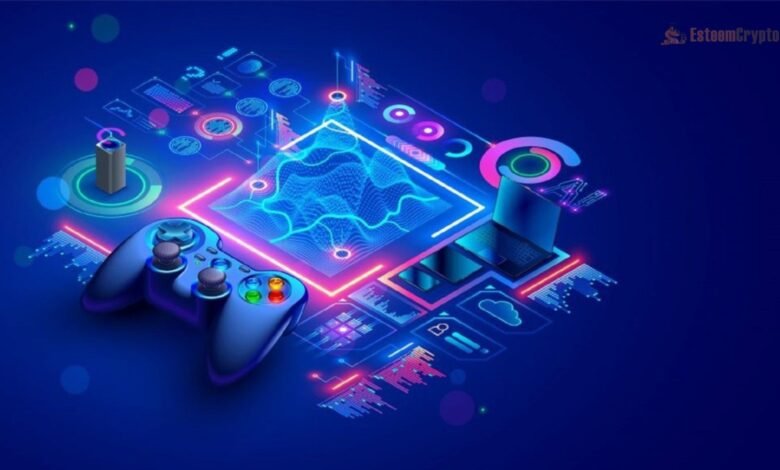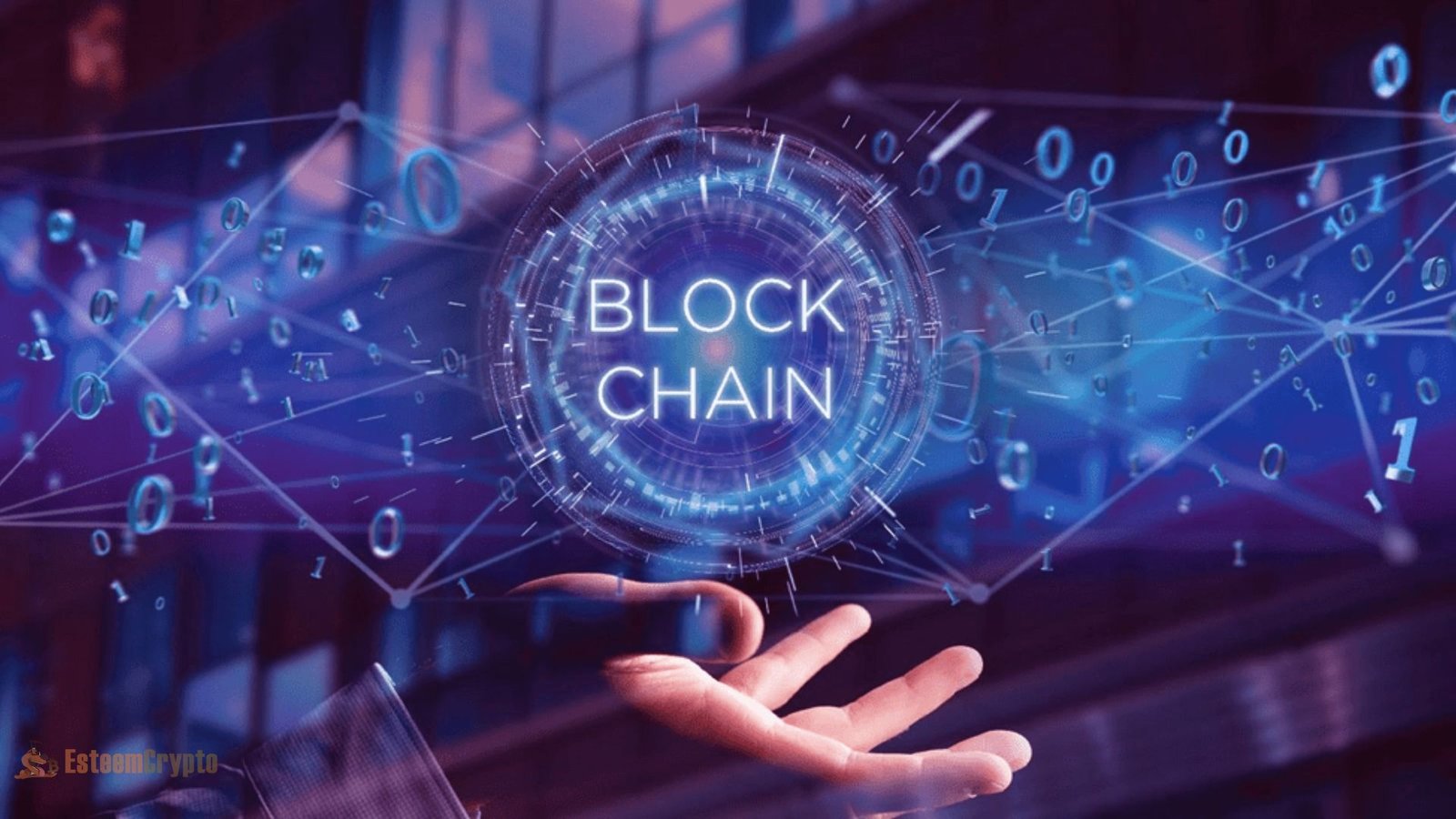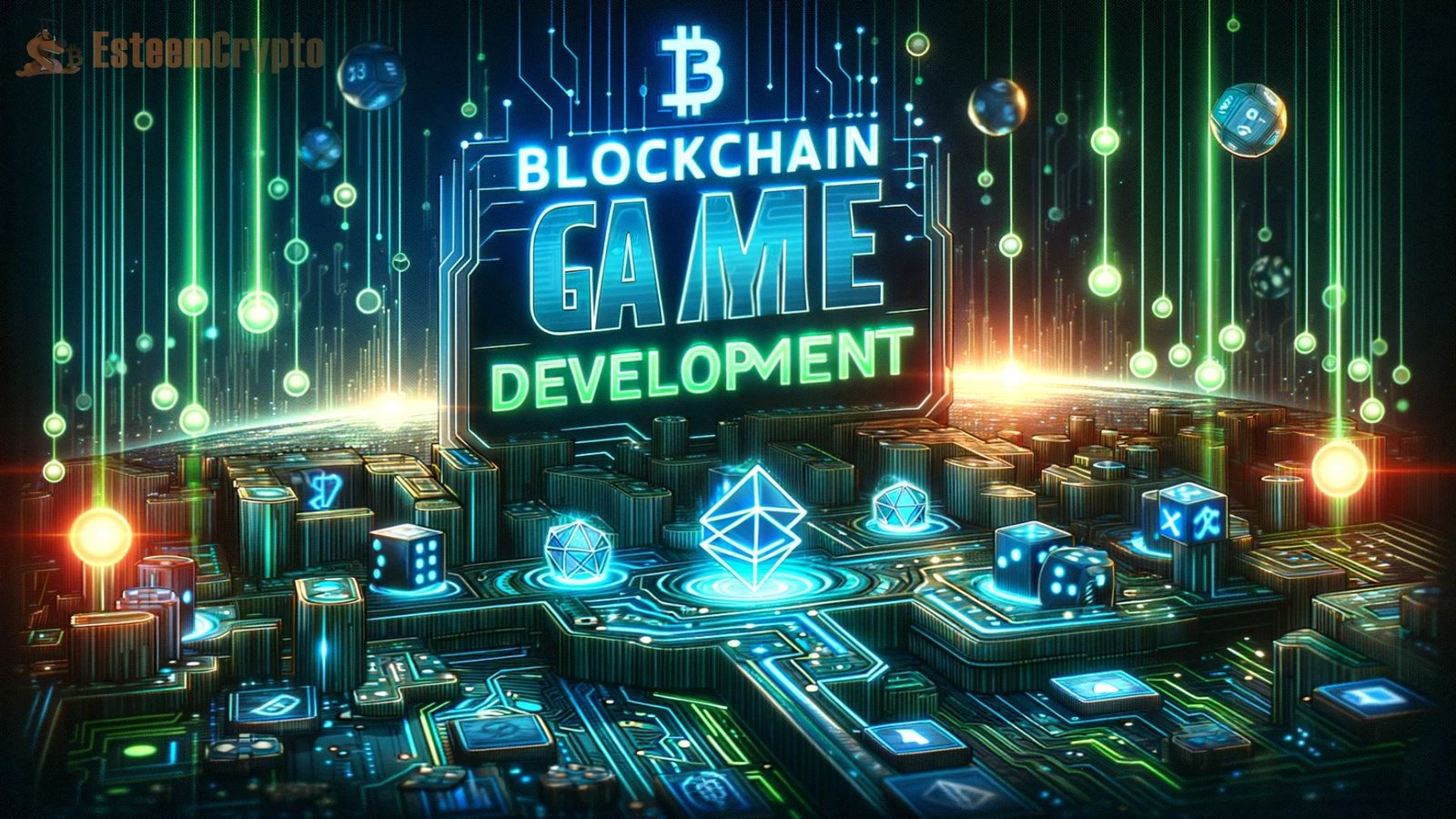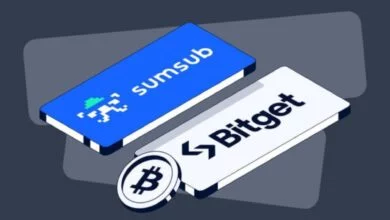Blockchain Game Development the Future of Gaming

Blockchain technology has transformed several markets in the past few years, and the gaming industry is only one. The demand for blockchain game creation is skyrocketing as gamers yearn for greater ownership and interaction. In this tutorial, we’ll examine the basics of blockchain game Development, its advantages, and what the future has in store for gamers and creators.
Developing video games with blockchain technology allows for more immersive gameplay, transparency, and actual ownership of in-game assets for players. The ability to buy, sell, and exchange assets in blockchain games is decentralized, unlike in traditional games where players only rent them.
Why Blockchain?
The appealing aspects of blockchain technology in the gaming industry are:
- Decentralization: Removes the need for a governing body, making ownership and fair play possible.
- Transparency: Smart contracts allow players to confirm game mechanics and ownership of assets.
- Immutability: Data stored on the blockchain is immutable, which increases confidence.
- Actual Ownership: In this game, players have assets that can be bought and sold on secondary markets.
The Key Components of Blockchain Game Development
The key components of blockchain game development are game design that incorporates blockchain features, smart contracts for asset ownership and transactions, choosing an appropriate blockchain platform, creating unique digital assets (NFTs, for example), and community building to engage players and cultivate loyalty in the gaming ecosystem.
Game Design
Designing the game with an eye on how blockchain features improve gameplay is essential to developing blockchain games. Developers need to create an engaging in-game economy so that players can earn, trade, and value assets. Blockchain mechanisms should be smoothly integrated into the story and theme to provide an immersive experience, while player interactions should encourage collaboration and rivalry. Careful planning goes into the game’s design to ensure players are delighted while learning about blockchain technology’s unique features.
Smart Contracts
Intelligent contracts are agreements inscribed into the blockchain and can execute themselves, essential for developing blockchain games. Smart contracts ensure that asset ownership and game laws are carefully enforced by automating transactions and removing intermediaries. Smart contracts improve security and transparency by outlining player asset acquisition and trade processes; this promotes confidence in the gaming community and allows for frictionless interactions among players.
Blockchain Platforms
To create a successful game, using the correct blockchain platform is crucial. With its robust, intelligent contract features, Binance Smart Chain, cheaper fees and quicker transactions, and Polygon, a layer-2 solution that makes Ethereum more scalable, are all popular choices. Each platform has its benefits in blockchain games that affect the game mechanics, asset management, and user experience.
Asset Creation
Blockchain games rely heavily on asset generation, which centers on one-of-a-kind digital things like in-game money and non-fungible tokens (NFTs). These assets represent ownership, which players may trade or sell. The ability to create and invest in one’s unique assets dramatically improves the gaming experience and gives gamers more control over their games.
Community Building
The key to winning blockchain games is fostering a community. Participation and loyalty from gamers are increased by player engagement through events, forums, and social media. By keeping players informed, asking for their opinions, and rewarding participation, developers may foster a strong sense of community and make players feel more involved in the game.
Benefits of Blockchain Game Development
Actual ownership of in-game assets, improved security via decentralization, and new revenue sources are just some of the advantages of blockchain game development. Developers have access to new ways to make money, and gamers have the freedom to buy, sell, and exchange assets, making for a more interesting and engaging gaming experience.
True Ownership and Monetization
The creation of blockchain-based games gives users full ownership of their virtual possessions. Developers and players may both benefit from these new avenues of income. Developers can profit from royalties earned by players selling their assets on secondary markets.
Enhanced Security
The decentralized nature of blockchain technology improves the security of games. Developers may safeguard player data and assets from fraud and attacks by removing potential weak points. Another benefit of smart contracts is their ability to make transactions more secure and easier to verify.
Interoperability
One of the most intriguing parts of developing blockchain games is the possibility of interoperability. With the ability to transfer assets between games and platforms, players may enjoy a more unified gaming experience. The result can be fresh gameplay mechanics and economics that transcend games.
Challenges in Blockchain Game Development
Complex technological aspects necessitating knowledge of blockchain and intelligent contracts challenge blockchain game developers. Scalability issues may impact game performance at peak moments, and legal dangers are often linked to regulatory concerns. If we want to make trustworthy, entertaining, and profitable blockchain-based games, we need to solve these problems.
Technical Complexity
Developers must have a comprehensive grasp of blockchain technology, smart contracts, and decentralized apps (dApps). This requires a new set of skills compared to the more conventional methods of game production.
Regulatory Concerns
The legal environment surrounding blockchain technology and cryptocurrencies is still developing. To prevent legal issues, developers need to be aware of the rules that govern their country.
Scalability
Many blockchain networks have scalability concerns, which might impact game performance. Developers need to consider how to manage large traffic and transaction volumes, particularly during peak gaming periods.
The Future of Blockchain Game Development
More and more people are starting to use blockchain technology, and new and exciting games utilizing blockchain technology are on the way. The more games can work together, the more enjoyable it will be for gamers. As developers use blockchain technology, we should expect to see more play-to-earn models, which will increase player engagement and redefine game economies.
Increased Adoption
A growing number of game developers and studios are using blockchain technology, which has increased the number of new games and platforms developed. As awareness grows, we may anticipate a wider embrace of blockchain technology in popular gaming.
Innovative Gameplay
Developers can design games that offer fresh experiences and dynamics by taking advantage of blockchain technology’s unique possibilities. The number of games that use play-to-earn models, where players may gain real rewards for their work, will likely increase.
Cross-Platform Experiences
The possibility of interoperability becoming increasingly practical means that players may anticipate having consistent experiences across a variety of games and platforms. This may cause us to rethink our perspectives on gaming communities and economies.
Conclusion
In Addition, Actual player ownership, improved security, and new gameplay experiences are just a few ways blockchain game development is changing the gaming industry. Despite the present obstacles, developers and gamers alike will find this sector interesting due to the benefits and possibilities of this technology. Get ready to create in previously unthinkable ways as you dive into blockchain game creation and take advantage of all the potential it brings.
If you want to make games that today’s gamers really like, you need to familiarize yourself with blockchain basics, the building blocks of games, and the potential obstacles you could encounter. Gaming as we know it is evolving, and blockchain technology is at its core.
Read More: The Guide to Use Cases of Blockchain Technology
What is blockchain game development?
Blockchain game development creates games using blockchain technology, enabling actual asset ownership and decentralized trading for players.
Why is blockchain important for gamers?
Blockchain allows gamers to own in-game assets, enhances transparency, and improves security, providing a more immersive experience.
What are smart contracts in blockchain gaming?
Smart contracts are automated agreements on the blockchain that enforce game rules and facilitate secure transactions between players.
What problems do blockchain game creators face?
Developers face technical complexity, regulatory issues, and scalability concerns, requiring specialized knowledge and strategies to address.
What does the future hold for blockchain gaming?
The future includes increased adoption, innovative gameplay, and interoperability, allowing seamless interactions across various games and platforms.





